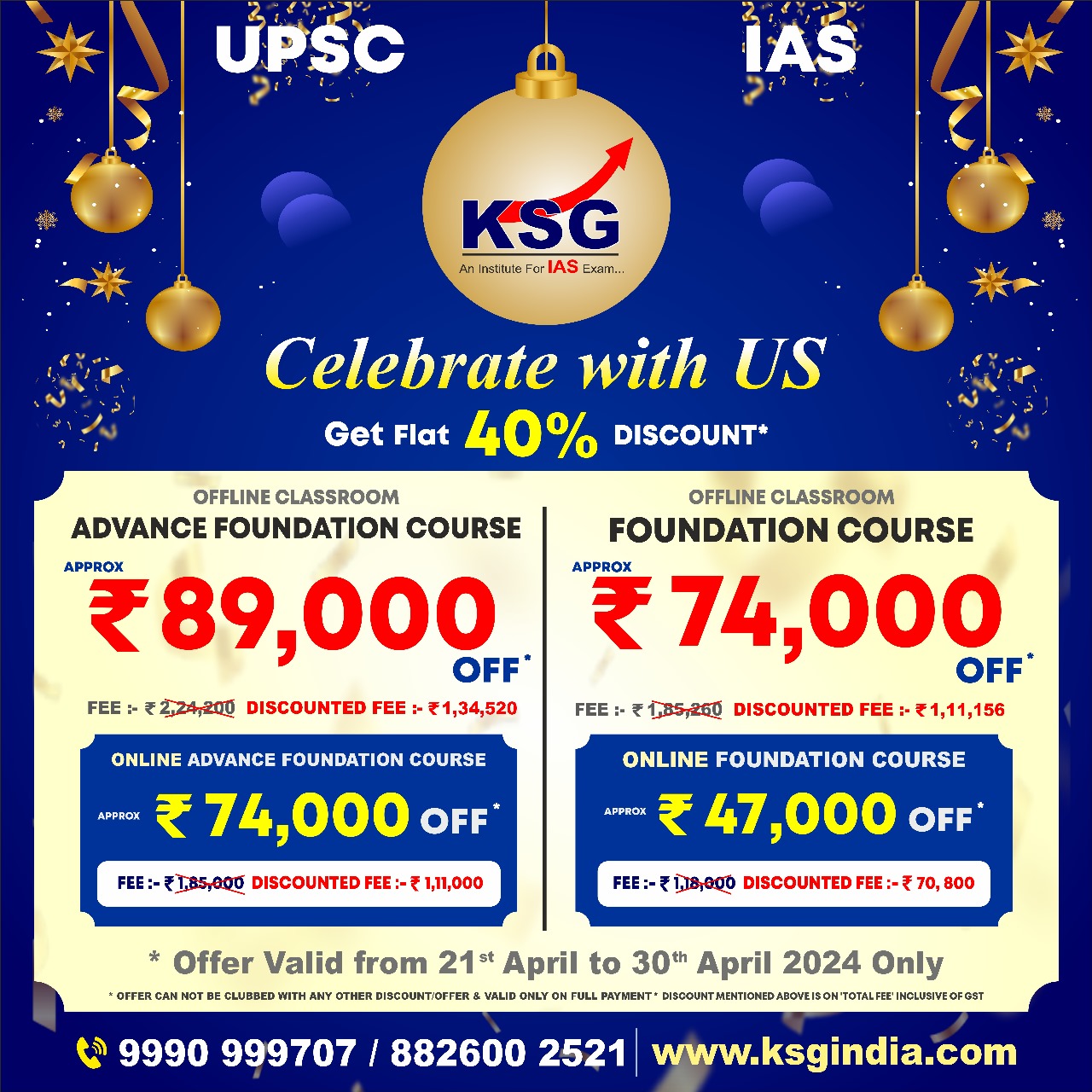A case of judicial contradiction
Source: By Kaleeswaram Raj: Deccan Herald
Article 142 of the Constitution contains a peculiar provision. It empowers the Supreme Court to pass orders “for doing complete justice in any cause.” In a recent episode, the apex court has not only erased its own judgements issued under Article 142, but rather contradicted itself, that too in a matter of great public concern. And quite strangely, this escaped the attention of the legal fraternity and the media at large. The diametrically opposite directives in the highway liquor ban case are astounding. The court has not only erred in its conclusion, but in its processual approach as well.
The apex court, on December 15, 2016, in the State of Tamil Nadu v. Balu, banned liquor vends along the stretches of national and state highways across the country. The judgement found its rationale in the repeated policy decisions in this regard by the Centre since 2007, which were, however, honoured only in their breach by the states.
Relying on certain statistics relating to deaths caused due to drunken driving, the court issued the unconventional directives prescribing a 500-metre minimum distance from national and state highways for the sale of liquor. The court justified itself by saying that by way of the ban it “does not fashion its own policy but enforces the right to life under Article 21 of the Constitution, based on the considered view of expert bodies”. Thus, in Balu, the court, among other things, held that the prohibition “shall extend to and include stretches of such highways which fall within the limits of a municipal corporation, city, town or local authority”.
The court rejected the contentions to the contrary and held that there is “no rational basis to exclude stretches of national highways and state highways which fall within the limits of a municipal or local authority from the ambit of the suggested prohibition”. According to the judgement, “such exclusion would defeat the policy since the presence of liquor shops along such stretches of a national or state highway would allow drivers to replenish their stock of alcohol, resulting in a situation which the policy seeks to avoid in the first place”.
Any exception to such liquor vends in the cities, according to the court, would be “wholly arbitrary and violative of Article 14 of the Constitution”. The verdict was hailed by the prohibitionists and the women folk in general who, however, remain unorganised. This year, the court again rejected the plea by liquor vendors to exempt the parts of the highways in the municipal corporations, cities and towns, in categorical terms, as seen from the judgement of March 31, 2017, in Balu II. The court while rejecting the request even said: “It may be attractive to the vendor to sell liquor along the highway but that is not the touchstone of a norm which protects public health and seeks to curb fatalities on the highways of the nation”.
The court added that “where a balance has to be drawn between protection of public health and safety and the need to protect road users from the menace of drunken driving on the one hand and the trade of liquor on the other hand, the interest of the latter must be subordinate to the former”. One may have different perceptions about these judgements of the court. But studies by the World Health Organisation show that the surest way to curtail liquor consumption is to reduce its availability (Global strategy to reduce the harmful use of alcohol, 2010). So viewed, the judgements were people-friendly, though not populist. Those were well-intended, though slightly illiberal. Unless modified by a larger bench in future, or recalled in review jurisdiction, these judgements, in their entirety, had to remain as the law of the land, as mandated by Article 141 of the Constitution.
Antithetical judgement
Strangely, in a subsequent case, Arrive Safe Society v. Chandigarh (2017), which came from the Punjab and Haryana High Court, the Supreme Court has substantially overruled both the judgements in Balu, by saying that the order of December 5, 2016 “does not prohibit licensed establishments within municipal areas” from selling liquor and “this clarification shall govern other municipal areas (in the country) as well”. Arrive Safe Society also was a party in the earlier case.
Thus, the prayer that was pointedly considered and repeatedly repelled by the court earlier, stands allowed in a subsequent case where the question of exemption of municipal or city areas in the whole country was not even a matter at issue. This indulgence shown in paragraph 7 of the Arrive Safe Society verdict is also antithetical to the preceding paragraph in the very same judgement that reiterated the earlier reasoning.
In the case from Chandigarh, all that the Supreme Court could have done was to dismiss that appeal. Since the appeal was against the verdict of the Punjab and Haryana High Court that validated a notification of the Chandigarh Administration de-notifying certain stretches of state highways in the Union Territory, a general direction for the whole country was not even called for. The court in the Chandigarh case also said that the earlier judgements “do not prevent the administration from reclassifying inter-sectoral roads within the city from state highways to major district roads”.
The apex court has abruptly withdrawn the substantial part of the earlier decisions, that too without offering any valid reason and without hearing all the stakeholders, including the other petitioners in the earlier case. The process lacked deliberations and procedural discipline. It does not set a healthy judicial precedent. A court contradicting itself gives unpleasant signals for our democracy.

